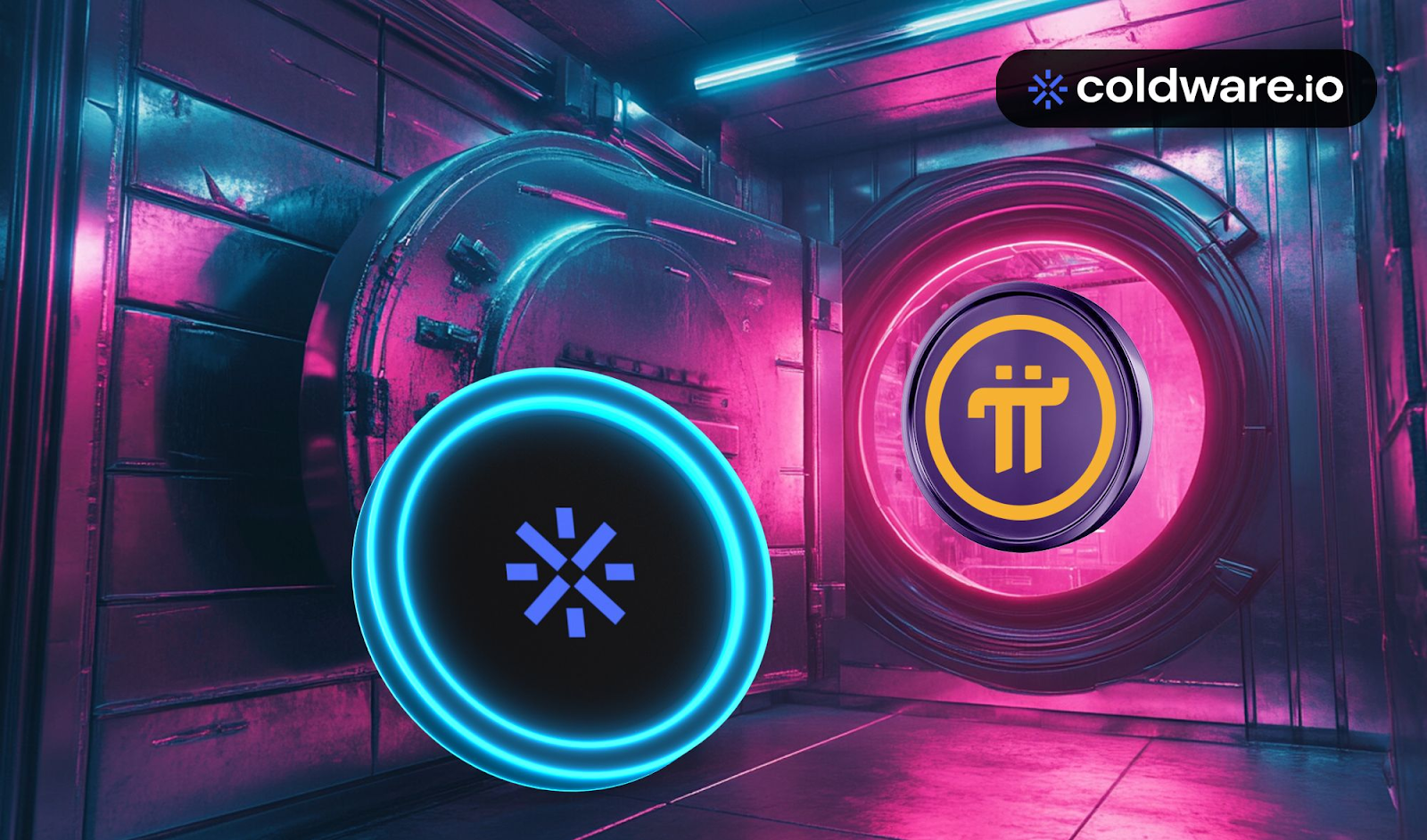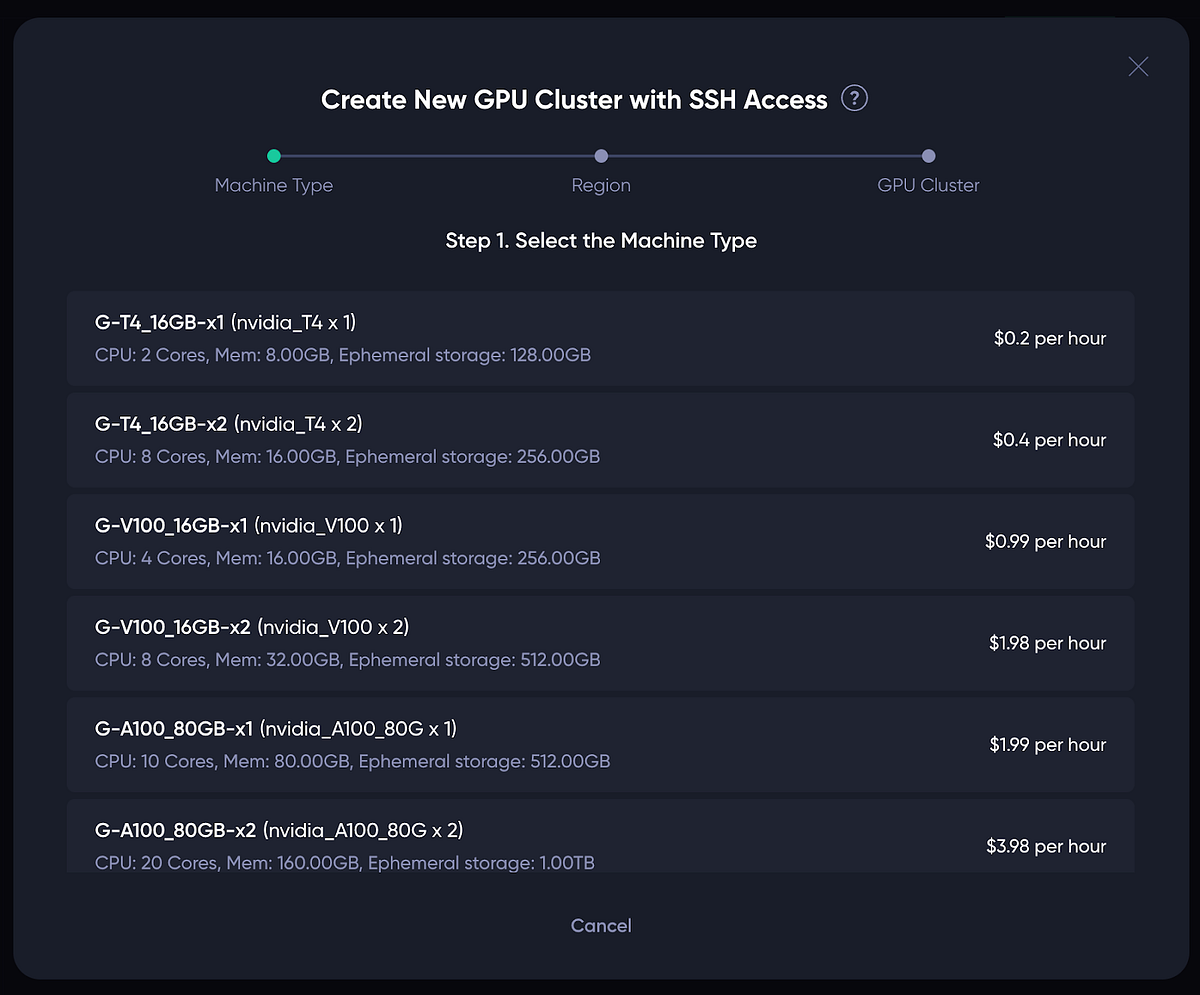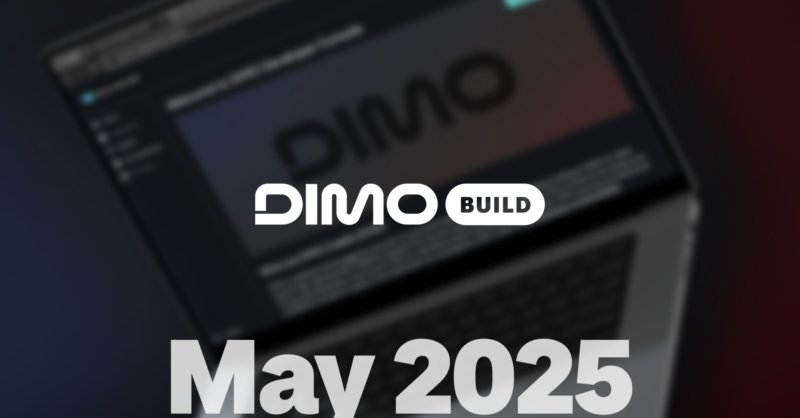The Graph Launches Geo Genesis for Decentralized Knowledge Sharing

The Graph, a decentralized protocol for blockchain data, has recently introduced Geo Genesis, a groundbreaking application aimed at democratizing web3 knowledge sharing. According to a press release, Geo Genesis will empower communities to decentralize knowledge sharing through collaborative hubs known as “Spaces.” This innovative platform is designed to be user-friendly, allowing individuals of all technical backgrounds to manage, share, and govern knowledge effectively. The introduction of Geo Genesis follows the launch of The Graph’s GRC-20 data standard, which promotes interoperability and adaptability in knowledge graphs, enabling users to create and manage knowledge directly on the GRT network.
Geo Genesis shifts the focus from asset-centric applications to community engagement centered around knowledge-based applications. The application is equipped with governance tools that facilitate collaboration among users within Spaces. Built on the modular Aragon OSx framework, Geo emphasizes accessibility, making it easier for a diverse range of users to contribute to the growth of web3. Currently, Geo Genesis is available for early access, featuring a governance process that includes roles for Editors and Members. Editors will have the authority to vote on governance matters, while Members will actively contribute to their respective Spaces.
In its initial phase, Geo Genesis will showcase knowledge graphs curated by a select group of Editors, focusing on crypto news to illustrate how knowledge graphs can effectively structure news stories and related information. The launch of Geo Genesis marks a significant milestone in The Graph’s evolution since its inception in 2018 as a blockchain data indexing protocol. With rapid adoption across various blockchains, including Ethereum and Avalanche, The Graph continues to expand its ecosystem, positioning itself as a leader in decentralized data management and knowledge sharing.
Related News





